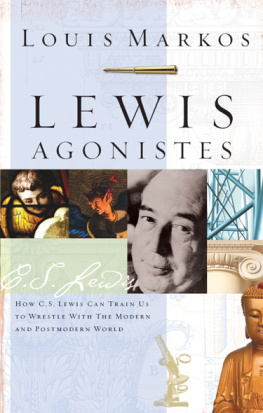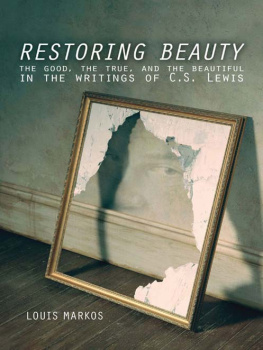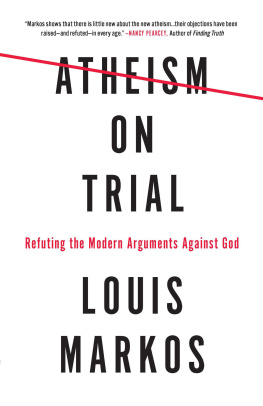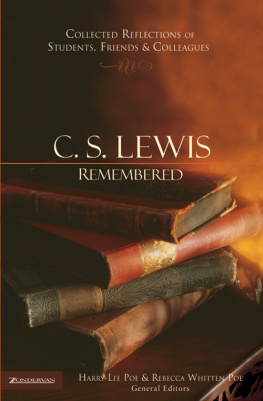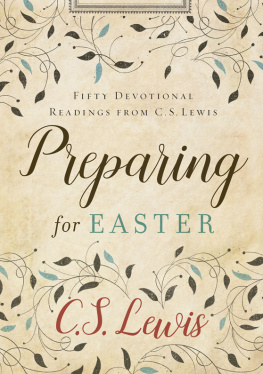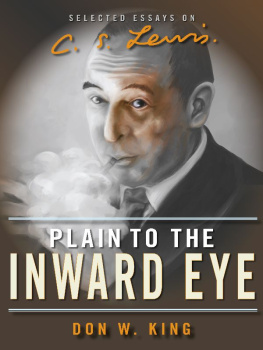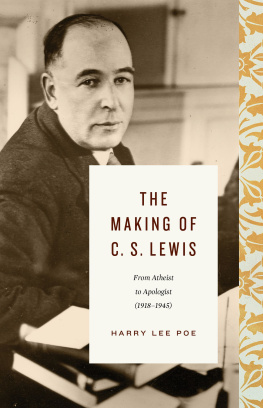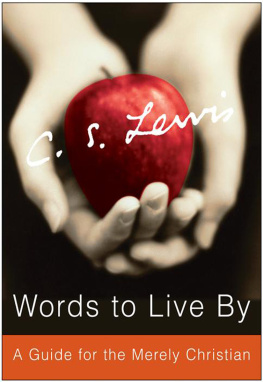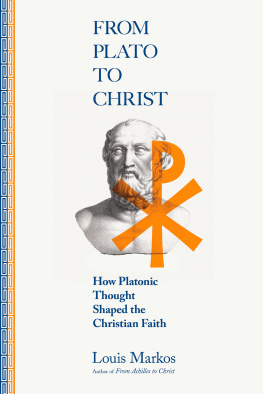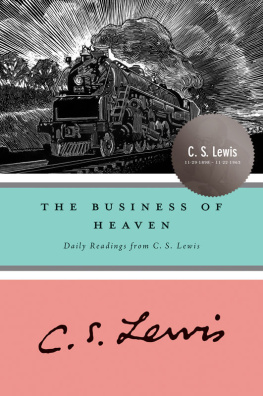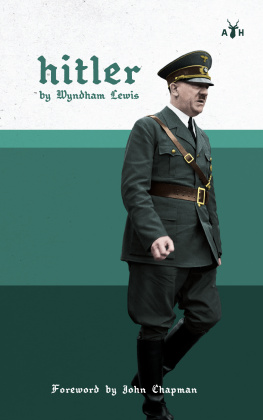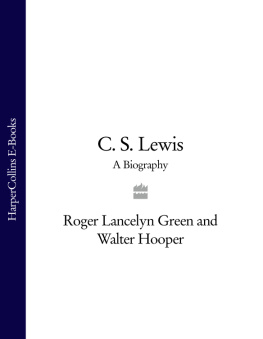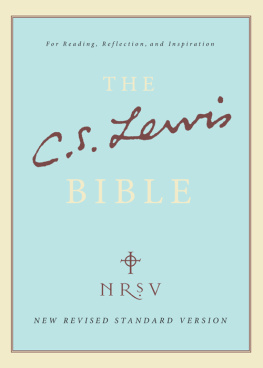
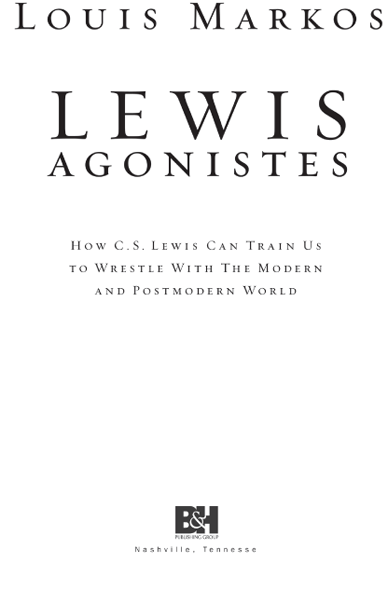

for
my wife, Donna,
for wrestling with me in love
Pierre Matta and Dan Stickle,
for wrestling with me in friendship
and Harold Raley,
for wrestling with me in the halls of the academy
Preface
I n the thirty-second chapter of Genesis, a trembling and chastened Jacob prepares to meet the older brother whose birthright and inheritance he had stolen. As he prays deep into the night, a man appears and wrestles with him until dawn. But when the first rays of the sun begin to appear on the horizon and the man realizes that Jacob will not let him go, he touches Jacob's hip, miraculously ripping it from its socket. Now incapacitated, Jacob cannot hope to overcome his foe, and yet, in desperation, he grabs hold of him, swearing that he will not release him until he bestows on Jacob a blessing. The man agrees, but his blessing will prove to be a strange one: a change of name that will carry with it as well a change of destiny. Henceforth, his name will be Israel, the one who wrestles with God. For the man with whom he wrestled was none other than the Lord himself, and the people to be born out of Jacob's loins will be no ordinary people. They will be one of a hundred people groups, yet somehow forever distinctnot just pawns in the great and bloody clash of ancient civilizations, but battlers themselves, rising somehow above them all. Not to them will be allowed the luxury of blending into the cultures that surround them; they will carry on an endless agona wrestling match between the physical and the spiritual, the earthly and the heavenly. And out of their loins would, in turn, rise another group of wrestlers, a group devoted to a great and mystic call: to be in the world but not of it. For hundreds of years, the struggling Christian church grappled with the accepted practices of the Roman culture around them.
But a day came when that same Church rose to become itself the central power, and thus was ushered in a new challenge: the temptation to embrace complacency, to lay down the cultural gauntlet, to end the agon. Perhaps no age has so dulled the edge of the Christian agon as a time in which modern and postmodern ideologies have proven so monolithic, so all-embracing that most Christians cannot step back far enough to get the proper perspective needed for a full and effective critique. Thankfully, though, our age also produced one of Christianity's greatest wrestlers, a man whose vision allowed him to pierce through the modern and postmodern tree to examine the roots that sustain it. That man was C. S. Lewis, a man who richly deserves the epithet, Agonistes (the wrestler; pronounced a-go-NISS-tees). Just as Samson (about whom John Milton wrote a play entitled Samson Agonistes) wrestled both with his internal temptations and the external Philistines, so Lewis wrestled first with his own inner prejudices against Christianity and then carried that wrestling into the outer world of modern and postmodern ideas.
In the five sections that make up this book, I shall follow Lewis Agonistes as he carries his agon on to five of the most contested battlefields of the twentieth century: 1) science, 2) the New Age, 3) evil and suffering, 4) the arts, and 5) heaven and hell. In each section, I shall, after stating and defining the challenge, show how Lewis answers that challenge both by means of a reactive defense that takes us back to an older, medieval countervision and a proactive offense that looks ahead to a new synthesis of ancient and modern.
Before engaging in this fivefold struggle, however, I will pause to consider the major events and people in Lewis's life that prepared him to become the great wrestler of our age. Numerous excellent biographies already exist of Lewis's life (the best of them being Jack by George Sayers), and so I shall not attempt to offer an exhaustive overview of his life and letters. Rather, I shall keep my focus on the struggle between the rational and the intuitive, the modern and the medieval that shaped Lewis's unique journey of faith and helped mold him into an apologist of prodigious and diverse talents. Once this has been established, I will then move directly into the challenges themselves.
The first challenge (purely a modernist one) comes from science with its dismissal of supernatural Christianity and its pervasive evolutionary mind-set. This paradigm is so ubiquitous as to be invisible; it encompasses not only the legacy of Marx, Freud, Darwin, and Nietzsche, but takes in anthropology, higher criticism, and the dethroning of Homer by classicists. In this arena, Lewis shall unmask and disarm the modernist project, offering both a list of essential things that could not have evolved and a wider vision of miracles that transcends the narrow limits of inductive science.
The New Age, in part a postmodern reaction to the excesses of modernism, offers not only a theological challenge to Christianity but threatens to compete with her for the soul of America's youth. With Lewis as a guide, I shall argue that if we shift our focus to the New Age as a type of yearning in the modern soul for a return to a meaningful universe, to a cosmos filled with its Father's presence, then the New Age becomes not a threat but a challengean invitation for the church to widen its reach, to identify and speak to yearnings that point back finally not to pantheism and pagan revelry but to a Triune, Incarnate God who created the cosmos and who often reveals himself through it.
The third section shall take up an issue that believers and nonbelievers have struggled with since time began: the problem of evil and suffering. Though this issue is not unique to modernity-postmodernity, I shall show how it has been influenced and exacerbated by the liberal Victorian faith that man, through technology, social reform, and education can build a utopia free from ignorance, poverty, and pain, and by a concomitant rise in a deterministic view of history and of mankind. In wrestling with this issue, I shall reference Lewis's thoughts on 1) what he calls God's free will experiment, 2) his unique meditations on the nature of creation, the fall, and disobedience, and 3) his notion that pain is God's megaphone to rouse a deaf world. This section will close with a look at how Lewis reassessed his earlier view on pain after experiencing his own personal loss, the death of his wife Joy.
Fourth, the postmodern breakdown of signifier and signified has left language and the arts powerless to embody the kinds of truths that lie at the heart of orthodox Christianity. After explaining in lay terms how deconstruction has threatened the very meaning of meaning, I shall argue that the church, far from answering this challenge, has been an unwitting accomplice in the postmodern assault on the meaningfulness of the arts. With the help of Lewis, I shall then attempt to fashion an aesthetics of incarnation, one that will not only speak to the potential of the arts to bear a heavy weight of meaning but that will champion the arts as a far greater friend than foe to the beleaguered apologist living in a postmodern world.
The final section will take up the issue of heaven and hell and how these central beliefs have been attacked both by modernism (with its rejection of hell as unjust and non-egalitarian and its consignment of heaven to wish fulfillment) and postmodernism (with its relativizing of the whole notion of sin and its suggestion that heaven and hell are merely states of mind). In answering this modern demythologizing of the afterlife, I shall discuss Lewis's concept of the psychology of sin: that hell is always something we choose and that it is less an end point than a process by which the damned soul slowly dehumanizes itself. I shall show how Lewis, in mock-Freudian style, offers a series of case studies through which he explores the various ways in which sin and idolatry slowly strip away our humanity. More generally, I shall demonstrate, through a wrestling with Lewis's ideas, that heaven and hell can be defended in such a way as to both stay true to the orthodox Christian position and appeal to thinkers raised in a postmodern age.
Next page
